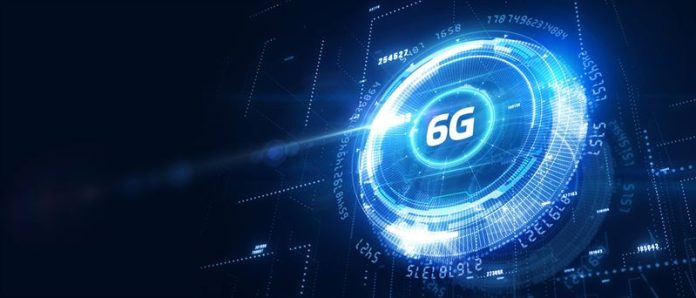The golden era of 6G technology is tantalizingly close – and with it a safer, more sustainable, and connected planet that promises to shake up the future of mankind. Finland is a global forerunner in developing 6G – indeed there are already numerous research initiatives and industry vertical specific visions to help support companies and societies around the world.
From Noccela’s UWB-based IoT technology linking the real world to its digital twin and Mentura Group routing messages between TETRA, LTE and IP to Omnitele’s powerful AI tool for optimising RAN network investments and quality, Finnish solutions are developing building blocks for meeting the multifaceted future needs of a 6G world.
Finland’s 6G trailblazing did not occur overnight. Indeed, this northern nation has a long and successful history in the field of wireless mobile technologies, and has pioneered the development of mobile communications since the first mobile phone launched by Nokia in 1982. Nokia’s massive success peaked internationally in 2006, when it had captured 41 per cent of the global mobile phone market. The company’s powerful legacy remains: numerous former Nokia employees have since founded successful startups that have become game changing companies in their own right. Finland’s strong tech expertise, high level of education, vibrant startup scene and the unique collaborative spirit shared by businesses and academia together create an innovative digital ecosystem.
This is the engine driving Finland’s forerunner status in the 6G arena. The world’s first large-scale 6G research program, 6G Flagship was founded in Finland back in 2018 having now 500 academic partners from 71 countries and 400 industry partners from 31 countries. Finland also leads two European 6G flagship projects: Hexa-X, and its successor Hexa-X-II with Nokia being the project leader in both, and plays a significant role in other EU 6G research.
Seamless telecommunication also directly impacts the development of other industries and the digital infrastructure of society. 6G will provide tools for the digitalization and automation of society in the 2030s, merging the physical and digital worlds with human interaction. Eventually, the networks and the applications they support should also be ready for the quantum era.
“6G research and innovation offer the fundamental tools to achieve a secure, resilient, and carbon-free European future,” says Pekka Rantala, Head of the 6G Bridge Program at Business Finland.
“The crucial green transition cannot happen without digitalization, as this helps industries reduce emissions and minimize energy use. Finland offers the world’s best innovation ecosystem for 6G development and an excellent quantum ecosystem supplementing it that is verified by large global companies.
“We currently have outstanding testing infrastructure for 5G and we will create the very first 6G testing network”, Rantala adds.
The eventual launch of 6G will arrive on the heels of some of the most turbulent world events in recent memory. The pandemic, war, climate change and cyber-attacks have collectively underlined our vulnerability. Secure and wireless data transfer is now more vital than ever before and the need for reliable partners and developed technologies is pressing. Companies worldwide are currently looking for reliable and safe connectivity solutions to effectively communicate with their customers and employees.
The solution to many – if not all – of the above challenges can be found from Finland.
“The future is all about 6G and 6G is all about Finland,” Rantala states.



 Bitcoin
Bitcoin  Ethereum
Ethereum  Tether
Tether  XRP
XRP  Solana
Solana  USDC
USDC  TRON
TRON  Cardano
Cardano  Lido Staked Ether
Lido Staked Ether  Avalanche
Avalanche  Toncoin
Toncoin